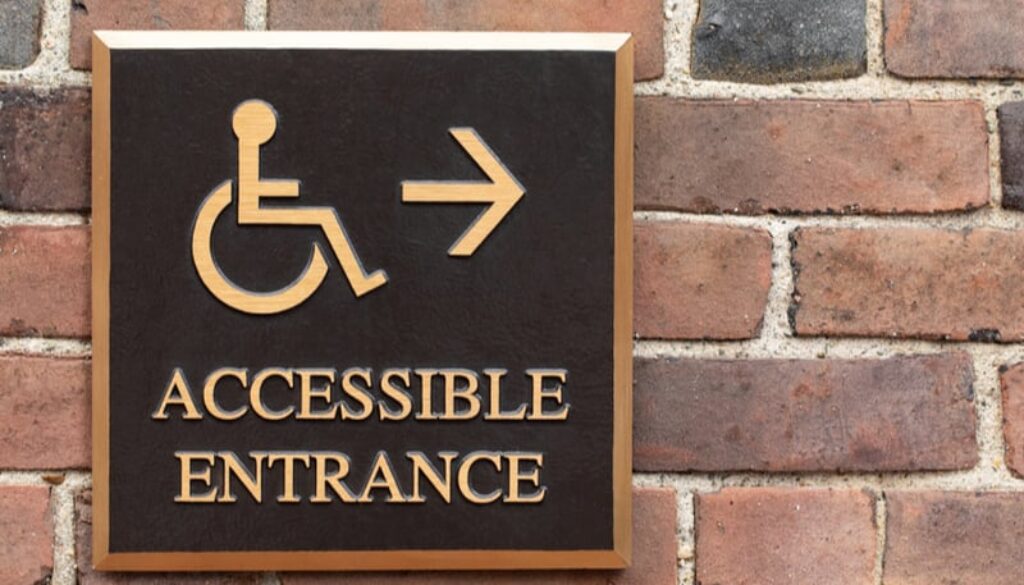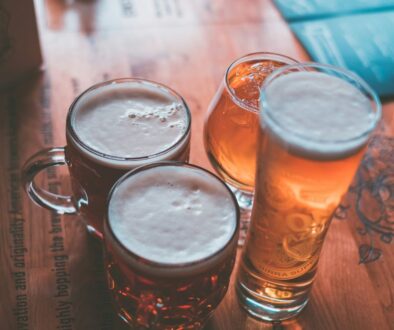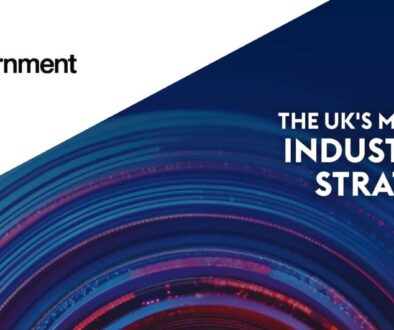Breaking Barriers: How Access Riders Are Changing the Music Industry
Share On
The music industry thrives on creativity and connection, but for many disabled musicians, it remains a space filled with unnecessary barriers. That’s why the Association of Independent Festivals (AIF) is backing the Musicians’ Union (MU) Access Rider—a game-changing tool designed to create a more inclusive and accessible industry.
In a bold step forward, AIF is urging its member festivals to adopt the Access Rider as a standard part of their booking process. To kick things off, they’re hosting a webinar to explain exactly how access riders work, why they’re needed, and how festivals can integrate them seamlessly.
What Is an Access Rider?
If you’ve ever peeked at a musician’s backstage rider (those legendary lists of dressing room demands, from M&Ms to scented candles), you’ll know riders are a familiar part of the music world. But an Access Rider flips the script—it’s not about luxuries, but necessities.
Designed by disabled musicians, access riders outline the specific support an artist needs to perform. Whether it’s stage adjustments, accessible dressing rooms, or additional rest breaks, these documents create a framework for open, judgment-free communication between artists and event organisers.
Why Do We Need Access Riders?
The numbers tell a stark story:
- 88% of disabled people in the music industry have “sometimes” or “never” disclosed their condition to colleagues.
- 69% said this lack of disclosure has put their health and safety at risk.
Fears of discrimination and losing work mean many artists stay silent, even when it jeopardises their wellbeing.
Research from Attitude is Everything found that 70% of artists worried disclosing a disability could harm their relationships with promoters, venues, or festivals. The Access Rider aims to break this cycle by normalising conversations about accessibility and centring the voices of disabled musicians.
AIF’s Commitment to Change
AIF CEO John Rostron is clear about the organisation’s goals:
“AIF member festivals want to be inclusive, accessible spaces for audiences, crew, and artists alike. Raising standards and improving practices is central to our work, and we’re confident this initiative will have a lasting impact.”
The upcoming Introduction to Access Riders webinar, led by Andrew Lansley, Cheltenham Festival’s Innovation Manager and a disabled musician himself, is a key step. Scheduled for Wednesday, June 5th, the session will empower festivals to proactively ask artists about their access needs, embedding inclusivity into every stage of the booking process.
Why This Matters
For artists like Andrew Lansley, the Access Rider has been transformational.
“It has completely changed how I experience performance,” Lansley explains. “It’s a simple, effective tool that helps organisers understand exactly what you need onstage. I’ve made it my mission to ensure as many venues and festivals benefit from this as possible.”
For the Musicians’ Union, this isn’t just about accessibility—it’s about equality. National Organiser Kelly Wood stresses the importance of normalising these conversations:
“A universal access rider, created by musicians with lived experience, is the best way to engage artists in conversations about access. AIF’s endorsement is a major milestone in making the industry a level playing field for all musicians.”
Looking Ahead
With AIF’s endorsement, the MU Access Rider is poised to become a staple of festival contracting—a move that could reshape the industry for the better. By prioritising accessibility, festivals can create environments where every artist, regardless of ability, can thrive.
This isn’t just about compliance or ticking boxes. It’s about building a music scene where talent takes centre stage, and barriers fade into the background. The future of festivals is inclusive, and with tools like the Access Rider, we’re one step closer to making it a reality.
For more information or to sign up for the webinar, visit the Association of Independent Festivals website. Together, we can amplify the voices of all musicians and ensure the stage is truly for everyone. 🎶




